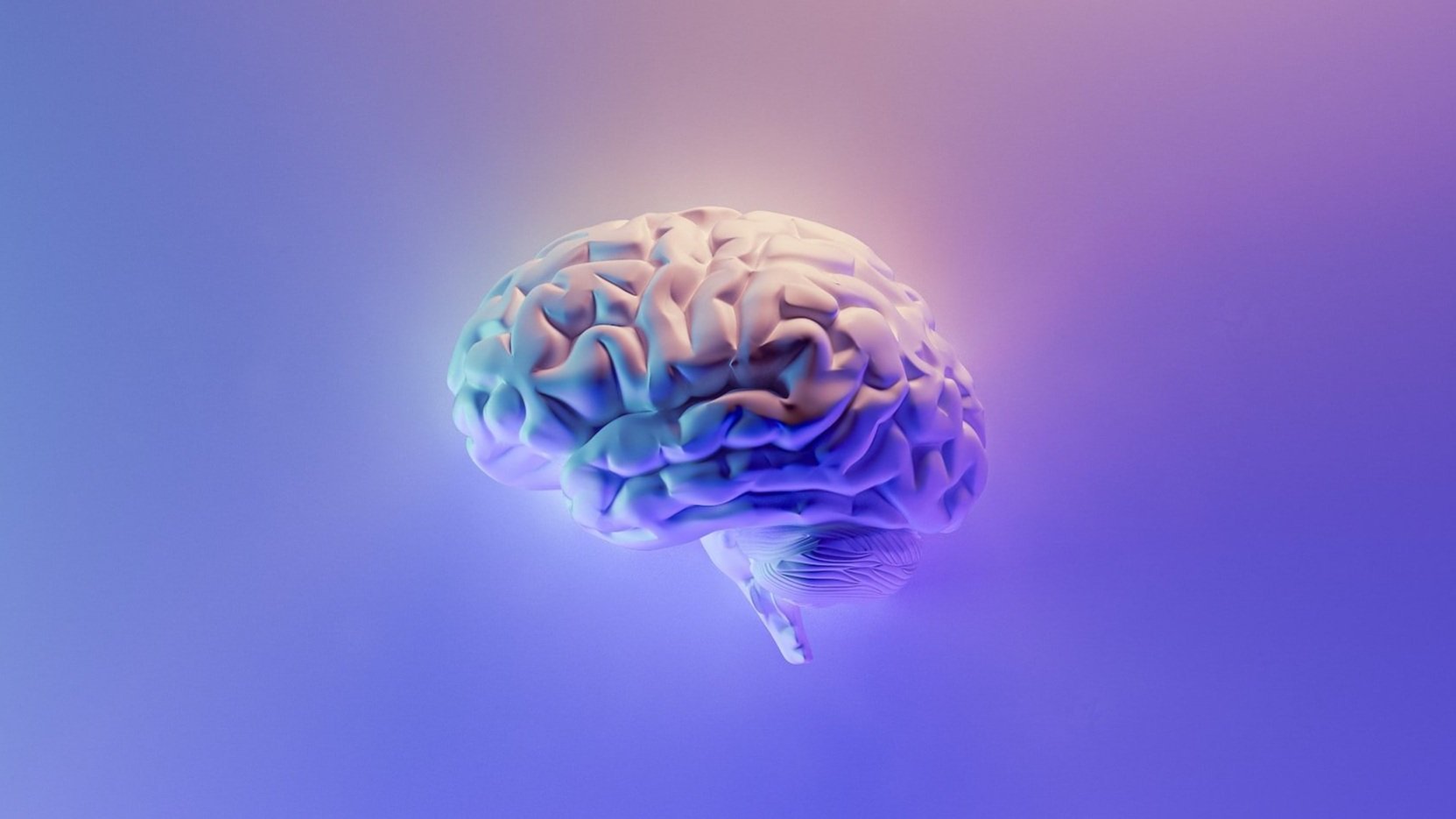
#2 Be Brain Development Savvy
The developing brain is uniquely vulnerable to substance use — and for teens, all substance use is connected.
The human brain undergoes significant growth and changes, and is only fully developed in the mid-20s. During this period of time, teens tend to take more risks, seek high pleasure activities, and may exhibit poor judgement. These facts make teenagers at heightened risk for substance use.
Image adapted from Gogtay, et al., 2004.
In these MRI images of the developing brain, areas of green, yellow, red, and blue are still undergoing significant development. Only the small areas of purple are fully mature.
Substance use in adolescence increases an individual's risk for a variety of adverse health outcomes, including substance use disorder (addiction)
The earlier and heavier the substance use, the more likely an individual will develop later problems
Neuroscientist Frances Jensen, MD, discusses how the biology of the teen brain presents a double-edged sword: teens are hard-wired to learn but are more vulnerable to addiction.
When a teen uses one substance, the likelihood of using other substances dramatically increases
“There’s no problem so bad that alcohol and other drugs can’t make it worse.”
Substance Use Disorder (Addiction) is Now Understood to be a Childhood-Onset Disease
A neuroscientist briefly explains how the teenage brain is primed for addiction:
Take a Deeper Dive with Dr. Crystal Collier on the Neuroscience of Risky Behavior & Addiction
Understanding Addiction As A Disease
- Video For Teens -
How Alcohol and How Marijuana Affects Your Developing Brain
- Videos for Younger Kids -
Youth Substance Use Can Adversely Impact Mental Health
1 in 5 youth will experience a mental health challenge in their life; help them learn about their own family history and risk factors.
People of all ages put their mental health at risk when they engage in nonmedical substance use. The mental health effects of substance use can be brief or can have life-long effects, even after a person stops using. People living with mental health challenges are at higher risk of initiating substance use AND those who use substances are at increased risk of developing mental health disorders. Substance use can also worsen the symptoms of an existing mental illness.
Shared underlying causes of substance use disorders and mental health disorders include:
genetics
changes in brain composition
early exposure to trauma and stress, such as Adverse Childhood Experiences (ACEs)
Some of the mental health problems that often co-occur with substance use disorders include depression, anxiety disorders, schizophrenia and personality disorders
The most common mental illnesses in teens are generalized anxiety, social phobias and depression
Science has shown that high-THC marijuana products can temporarily induce psychiatric symptoms, including those associated with schizophrenia
A recent study showed daily use of marijuana, particularly high-potency products (more than 10% THC), increased the likelihood of having a psychotic episode later. Most plant-form marijuana today contains 18-25% THC, while THC concentrates (for vaping and dabbing) are typically 80-95% THC.”
Mental Health Resource Partners
Helpful Online Links
1
Know that Youth Substance Use is Not Inevitable
2
Be Brain Development Savvy
3
Be Substance Savvy
4
Talk Early and Talk Often
5
Act Quickly If You Suspect Use
Like what you see? Support Our Work!
Support the One Choice prevention initiative of the Institute for Behavior and Health, Inc., a 501(c)3 non-profit organization, with a tax-deductible donation.












